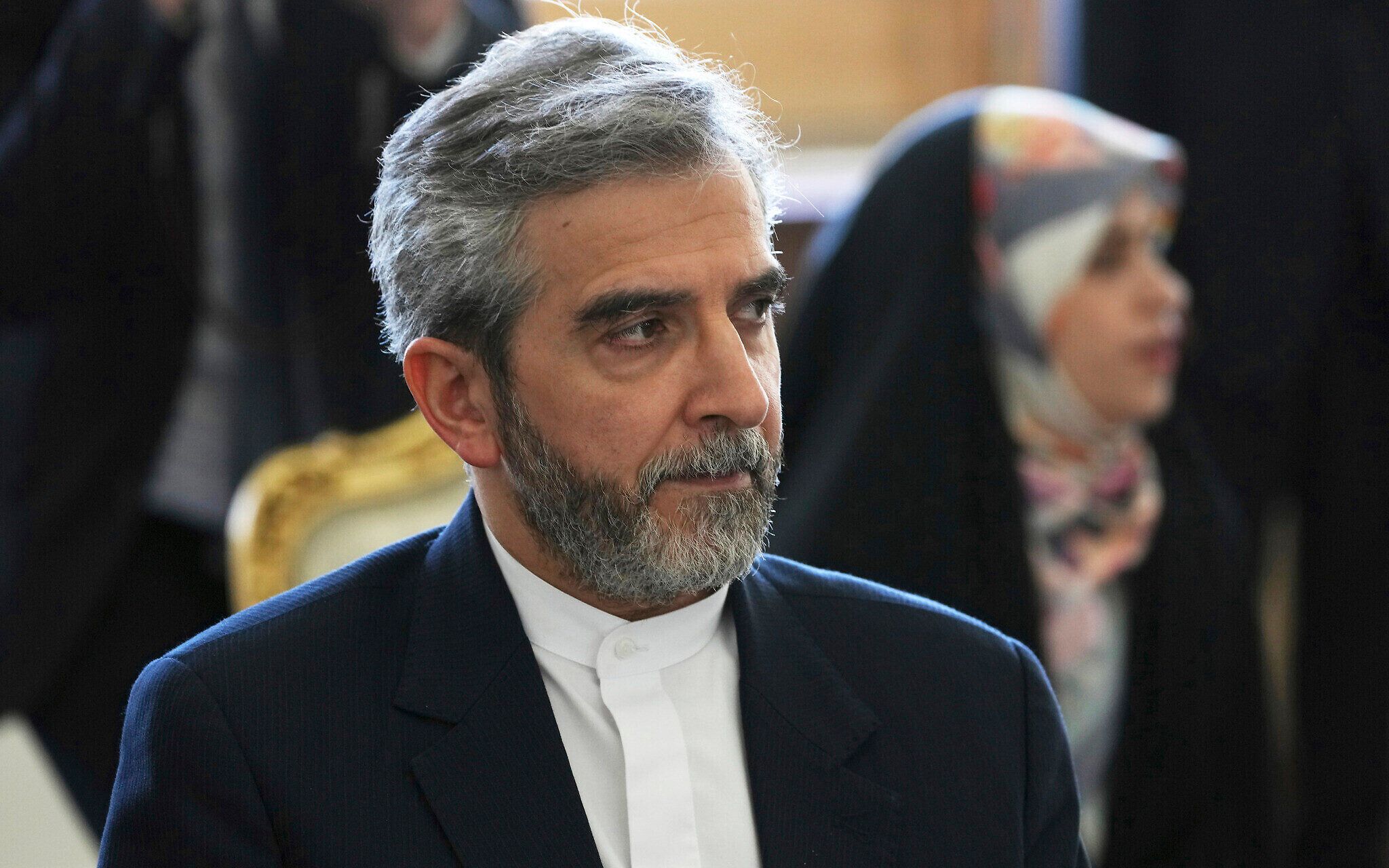Asia Cooperation Dialogue: An Opportunity to Deepen Intra-Asian Cooperation and Interaction

Ali Bagheri Kani, Iran’s Acting Minister of Foreign Affairs
This week, Tehran will host a Ministerial meeting for Ministers of Foreign Afffairs of the Asia Cooperation Dialogue (ACD) member states.
Foreign Ministers and senior officials from 35 countries, along with heads of regional and multilateral Asian organizations, will take part in this gathering.
This significant multilateral event takes place while the Islamic Republic of Iran mourns the loss and martyrdom of two pioneers of multilateralism, late President Raisi and late Foreign Minister Dr. Amir-Abdollahian who supported the upcoming meeting in Tehran with their wisdom.
The incumbant Iranian government has shown a serious and remarkable commitment, led by the martyred President and Foreign Minister, to compensate the monopolized interaction and reliance on the West by focusing on the East, fostering the Asian identity and ultimately ensuring that good-neighborliness policies serve collective development and security.
Undoubtedly, promoting regional integrity through active membership to regional and global organizations would save the international community from the harms of the dominance systems and direct it towards multilateralism as a means of realizing justice in international arena.
The current Iranian administration's particular focus on the Shanghai Cooperation Organization (SCO) and BRICS, which started following Iran's official membership to these two international mechanisms which are based on multilateral thinking and was continued with its active participation would be studied from the same perspective.
In pursuing multilateralism, we need to take identity and aspirations into account as well, and the ACD addresses this essential need.
Emerging powers' membership to this forum will further energize it in order to form its identity and enhance optimism to its promising future.
Asia and the world are still deeply saddened and shocked by the ongoing atrocities and genocide perpetrated by the Zionist regime in the Gaza Strip.
The humanitarian catastrophe has been in place for more than eight months in Palestine, and the international community, hindered by the dominance system, has failed to stop the attacks against the innocent people, particularly women and children.
Meanwhile, each of the ACD member states have made efforts in their turns to end these crimes, establish a ceasefire and deliver humanitarian aid to Gaza. It is still essential to make collective efforts in this regard as a step in line with the ACD objectives which will be emphasized during the Tehran meeting.
It is also noteworthy that in mid-June, during the D-8 Foreign Ministers' meeting in Turkiye, we witnessed the efforts of the member states to adopt collective stances in order to stop the attacks and end genocide in Gaza.
Established in 2002, the ACD encompasses a vast expanse of the Asian continent and its 35 member states represent 56% of the world's population and 35% of the global GDP.
Through dialogue and partnership, these nations aim to develop their relations in various fields such as transportation and communication, sciences, technology and innovation, education and human resource development, food, energy, and water security, culture and tourism and inclusive and sustainable development.
The Islamic Republic of Iran joined the ACD in 2004 and is considered one of its active members. Since October 2023, the Iranian late Foreign Minister was the ACD Chair.
In addition to the Islamic Republic of Iran, the ACD's member states include Thailand, Indonesia, Malaysia, the Philippines, Brunei, Singapore, Cambodia, Vietnam, Myanmar, Laos, Nepal, Russia, Turkiye, Japan, China, Mongolia, South Korea, India, Afghanistan, Pakistan, Bangladesh, Sri Lanka, Bhutan, Kuwait, Bahrain, Saudi Arabia, Qatar, the UAE, Oman, Palestine, Kazakhstan, Uzbekistan, Kyrgyzstan and Tajikistan.
Forming an “Asian Community” is one of the ACD's stated aspirartions.
Given the rich cultural heritage and lasting values of Asia, as well as the continent's strong potential and actual economic and technological foundations, if a stronger sense of belonging to an Asian community is created among the Asian peoples, it will undoubtedly bring about a number of significant benefits.
This would also encourage the Asian states to form Asian coalitions and ultimately an "Asian Union" at an appropriate time and the ACD can play a crucial role in this regard.
Moreover, the impact of people-to-people interactions and the role of the private sectors in achieving these valuable goals should not be overlooked.
Intra-Asian tourism, cultural exchanges and the active participation of the private sectors of the ACD member states in intra-Asian economic and trade interactions are effective drivers in this process.
As the ACD Chair, the Islamic Republic of Iran took good steps in both above-mentioned areas. Appointing Yazd as the "ACD Tourism Capital for 2024" has provided a suitable ground for hosting various Asian cultural and tourism activities.
Moreover, this year, Yazd will host the meeting of the ACD tourism ministers, where they will make decisions regarding their upcoming cooperation.
In May, Isfahan hosted the Chambers of Commerce from the ACD member states, resulting in conclusion of some agreements on future joint measures and the "Isfahan Pact".
The Islamic Republic of Iran's foreign policy includes multilateralism, good-neighborliness and collective development through regionalism. Thus, countering unilateralism and hegemony and supporting regional and extra regional multilateral mechanisms are among Iran's top diplomatic priorities.
Accordingly, we availed ourselves of our capacity as the ACD Chair to foster and stabilize its dialogue and cooperation structures, and with the support of the member states and the ACD secretariat, we took some effective and positive steps in this regard.
The ACD Ministerial meeting in Tehran will review and decide on some of these measures and initiatives.